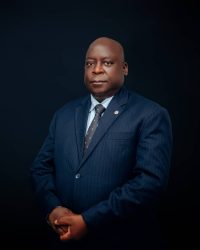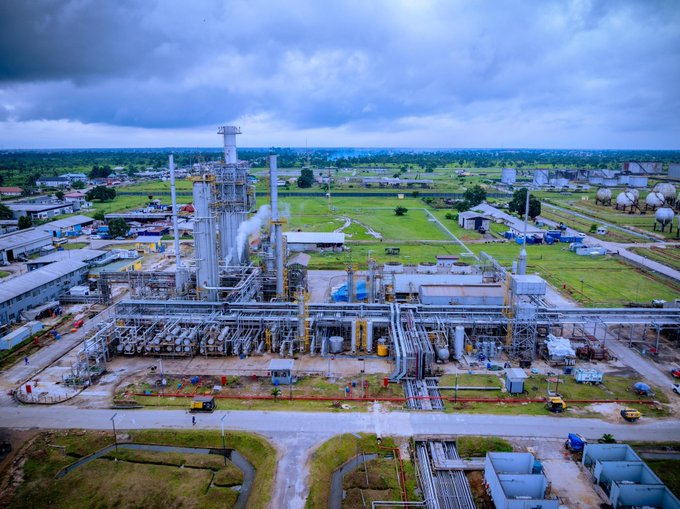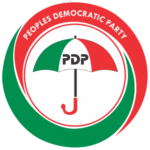The Dangote Petroleum Refinery (DPR) has replied the Nigeria Union of Petroleum and Natural Gas Workers (NUPENG) for saying that the plant engage in anti-labour practices.
BusinessTodayNG recalled that on September 5, NUPENG) said workers will down their tools and commence a strike from September 8 in protest of alleged anti-union practices by Dangote refinery.
The union, however, suspended the industrial action on September 9, after the intervention of the federal government, regulators, and stakeholders.
On September 11, NUPENG said it had placed all its members on red alert for the resumption of its suspended nationwide industrial action over a fresh disagreement with the refinery.
However In a statement on Thursday, Dangote refinery denied the allegations, insisting that claims of anti-labour practices were “entirely unfounded”.
Dangote refinery emphasised its full support for constitutionally protected labour rights, stating that employees are free to affiliate with any recognised trade union.
“Assertions that drivers are compelled to waive union rights are categorically false,” the statement reads.
The statement added that the dispute involves NUPENG’s petrol tanker drivers (PTD) unit and does not implicate the refinery in any infringement of rights.
Dangote refinery also denied NUPENG’s allegations that the roll-out of over 4,000 compressed natural gas (CNG)-powered bulk trucks could displace existing jobs, describing the initiative as a mainstay of Nigeria’s energy transition strategy.
“The deployment of CNG-powered trucks is a strategic initiative designed to support national energy transition goals, not to displace existing jobs,” the company said.
“Each truck will be operated by a six-person team, with drivers receiving salaries significantly above the national minimum wage, plus medical cover, pensions, housing allowances, and long-term access to housing loans.
“The company aims to have 10,000 such trucks in operation by year-end, potentially creating over 60,000 direct jobs.”
Responding to accusations of monopolistic behaviour, Dangote refinery emphasised its compliance with Nigeria’s deregulated oil sector under the supervision of the Nigerian Midstream and Downstream Petroleum Regulatory Authority (NMDPRA).
The company highlighted that over 30 refinery licences have been issued to private players, “with active developments by BUA, Aradel, Walter Smith, and the Edo Refinery”.
“While we are major industry player, our presence has revitalised the downstream sector, reopened previously dormant petrol stations and restored investor confidence,” the refinery said.
Dangote refinery also denied any plans to increase fuel prices, saying its operations have stabilised fuel availability and driven down costs
“Diesel prices, for instance, have dropped by over 30% in the past year, and petrol prices in Nigeria are now reportedly lower than in oil-rich nations like Saudi Arabia and 40% cheaper than neighbouring West African countries,” the refinery said.
The company also said its N720 billion investment in CNG infrastructure shows its commitment to reducing logistics costs and improving nationwide fuel distribution.
Dangote refinery said it maintains a cordial and cooperative relationship with all recognised trade unions, including NUPENG, denying accusations of walking out on recent conciliation efforts.
The refinery added that the union “had not formally communicated any grievances before going public”
“We acknowledge and appreciate the intervention of the Federal Government, particularly the Ministry of Labour and Employment, and remain fully supportive of ongoing efforts to achieve a lasting resolution,” the refinery said.
“We hold both the Minister, Dr Mohammed Dingyadi (Katuka Sokoto) and Mrs. Nkiruka Onyejeocha, in the highest regards, and reject any suggestion that we have acted in a manner that would undermine their involvement. The Hon. Minister granted Mallam Sayyu Dantata the permit to enable him attend to his medication.”
Reiterating its commitment to responsible business, Dangote refinery described “monopoly allegations” as “recycled falsehoods,” urging other private sector players to follow its lead in investing in Nigeria’s economic future.










